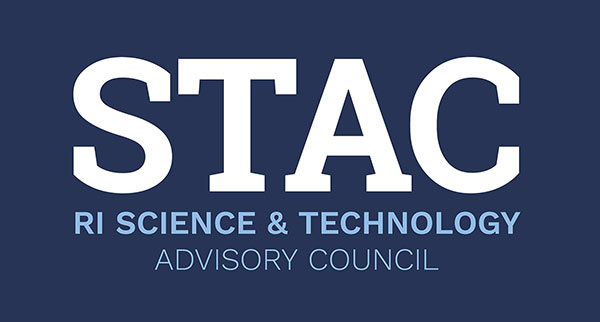Tech-Collective, Rhode Island’s Bioscience and Information Technology industry association has released The RI Bioscience Industry Skills Gap Report profiling the burgeoning bioscience industry in Rhode Island and its workforce needs. The Report includes a comprehensive discussion of career and professional development opportunities along with K-12 education pathways and recommendations on how to foster workforce and industry growth.
The Report also includes a timeline identifying bioscience industry development, workforce training, and K-16 education achievements over the past decade. In looking at the bioscience industry as a young innovation ecosystem, the report also cites the need for industry, academic, and government support. Other competitive factors influencing the industry are noted, including access to capital, infrastructure, and research facilities.
The report follows Tech Collective’s 2009 At the Heart of Bioscience: Rhode Island Skills Gap Report. The updated bioscience industry study was researched and compiled using local and national industry data and garnering Rhode Island employer insights via focus groups, one-on-one interviews, and an employer survey. Findings of the report aim to raise awareness of and guide investments in Rhode Island’s bioscience workforce. The Rhode Island Bioscience Skills Gap Study was funded by an Industry Partnership grant through the Governor’s Workforce Board.
“Rhode Island’s bioscience industry is one of high-potential – both to impact the Rhode Island economy and workforce, as well as to improve our global well-being,” said Kathie Shields, executive director of Tech Collective. “The purpose of the bioscience skills gap report is to foster that potential through identifying the workforce needs of this industry and offering recommendations to meet those needs. Tech Collective looks forward to working with the industry and academic and government stakeholders to support and strengthen Rhode Island’s bioscience industry.”
Next week, on Wednesday, March 26th from 8:30 to 10:30 a.m. at Save the Bay in Providence, the Tech Collective will kick off a series of panel discussions on the study. Industry panelists will discuss the findings of the report as well as current and future initiatives the state can undertake to grow and innovate in the industry. Panelists include:
• Karen DaSilva, Associate Director, Human Resources, Alexion Pharmaceuticals
• Cliff Grimm, Managing Director, EpiVax, Inc.
• Matthew Iorio, Executive Vice President, Tedor Pharma
• Katherine Chaloupka, Senior Scientist, Process Development, Amgen
The Skills Gap Series forums are open to the public. Industry, academic, and state leaders and stakeholders are encouraged to attend.
To download the Report or register for the Panel Discussion go to www.tech-collective.org
Read more about the Report below
Industry Overview
Rhode Island employs 4,602 bioscience professionals across the industry and has a total employment impact of an additional 11,847 workers. The bioscience industry participates on national and global levels and is comprised of five sectors: drugs and pharmaceuticals; medical devices and equipment; research, testing, and medical laboratories; agricultural feedstock and biofuels; and bioscience-related distribution. Rhode Island’s greatest strengths lie in drugs and pharmaceuticals, medical devices, and research and development.
Report Findings
Bioscience leaders we spoke with expressed optimism and growth, with 90 percent of respondents anticipating their company will expand in the next 3-5 years. Still, employers indicated their biggest workforce challenge is a lack of skilled workers to hire. In a highly specialized industry, workers proficient in both technical and professional skill sets are valued by employers. Technical skills gaps included: technical writing/documentation, regulatory compliance, quality assurance, research, and Good Clinical/Laboratory/Manufacturing Practice (GCP, GLP, and GMP, respectively). Professional skills gaps included: critical thinking, communications, teamwork, leadership, cultural awareness, project management, and the ability to work independently. Employers also look to retain workers with interdisciplinary knowledge in business operations, manufacturing, and other areas related to the biosciences. Looking at bioscience education and career pathways, the report identifies entry-level requirements, professional development training methods and priorities, and K-12 and higher education programs. Experiential learning was identified as one of the most important ways to bridge bioscience studies with industry experience. Especially Rhode Island’s smaller bioscience companies are receptive to internships, work experience, and mentoring the incoming workforce.
Recommendations
Recommendations following the report aim to inspire and engage youth in the STEM fields through the state’s Bioscience Academies, integration into K-12 curriculum, and integrated or after school STEM programs; support for and increased participation in higher education and experiential learning opportunities; expanded workforce training and professional development funding; and increased industry awareness and advocacy, including support of the Economic Intersections of Rhode Island action agenda led by Commerce RI and the Rhode Island Foundation.
